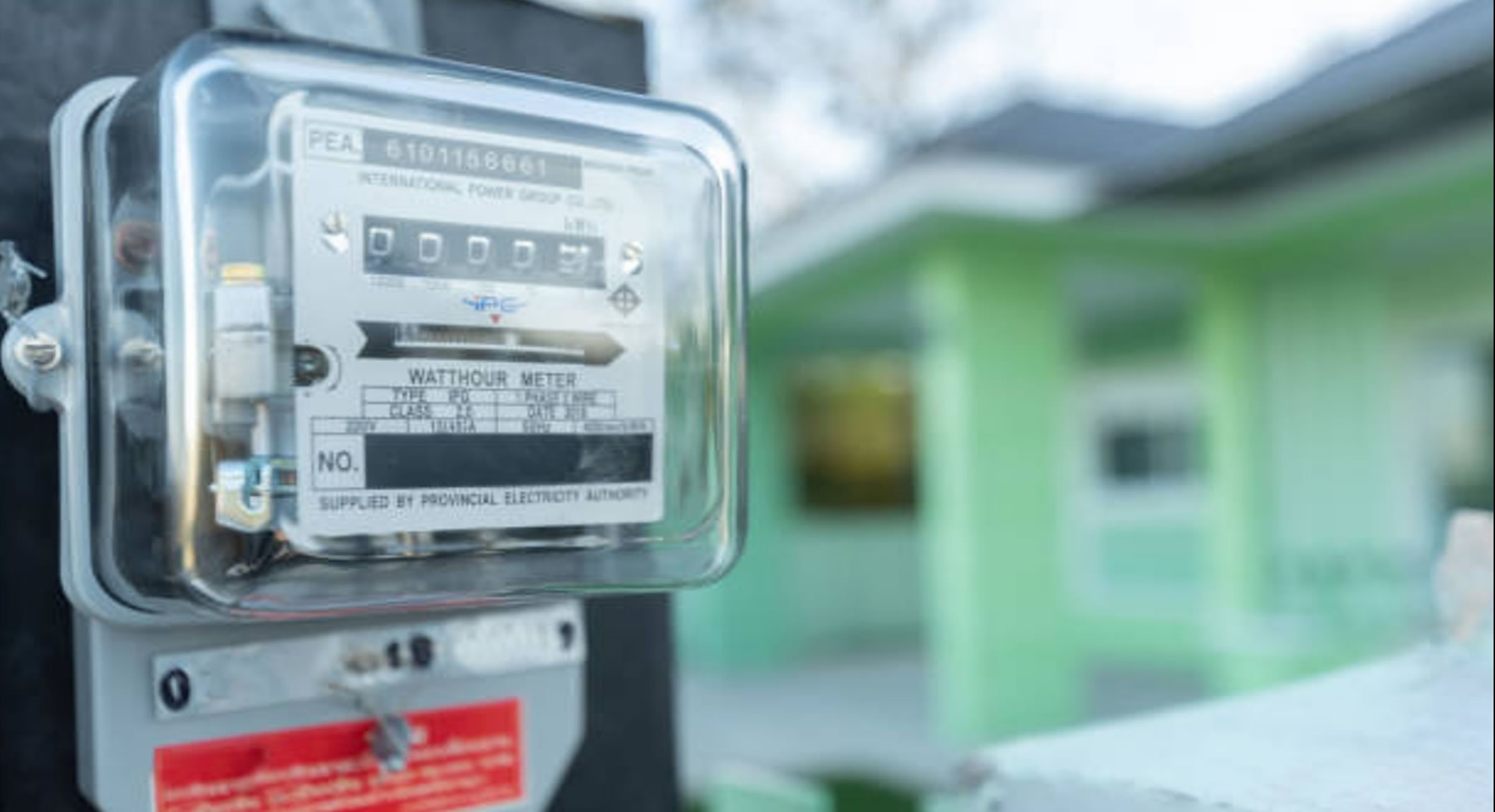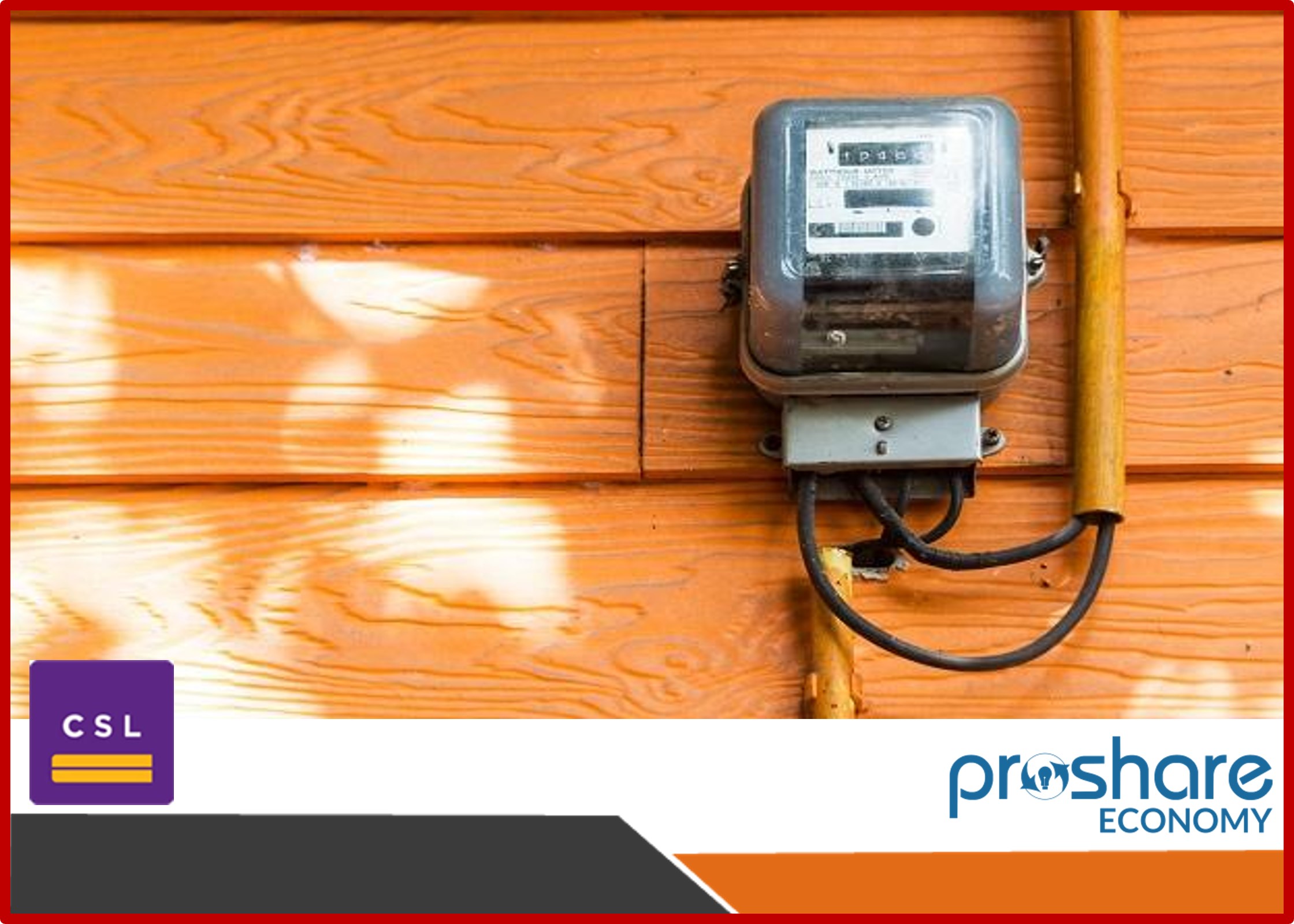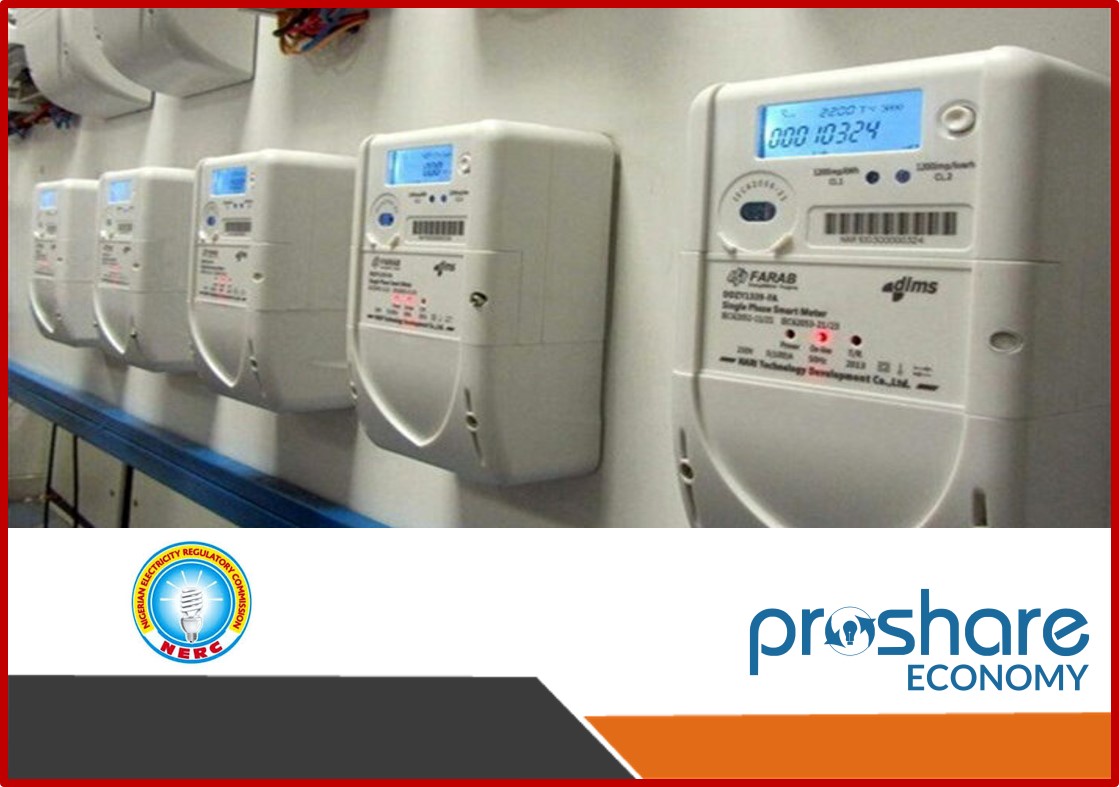In its latest report, the National Bureau of Statistics (NBS) beamed its spotlight on the country’s electricity supply, total number of registered customers and revenue generated by the Distribution Companies (Discos) for Q1 and Q2 2022. The available data provided by the NBS showed that the revenue generated by the 11 Discos in Q2 2022 was N188.4bn, an 8.0% q/q decline compared to N204.7bn collected in Q1 2022. The electricity supplied stood at 5,227 (Gwh) in Q2 2022, a 12.2% q/q decline relative to 5,956 (Gwh) in Q1 2022.
Within the review period, the registered energy customer population stood at 10.81m, of which only 4.96m (45.9% of the identified customers) were metered as of June 2022, leaving 5.98 customers unmetered (54.1% of the registered customers). Meanwhile, as of March 2022, the registered energy customer population was 10.63m, out of which 4.79m customers (45.1%) were metered. Thus, a comparison between the two periods (Q2 and Q1) shows that the number of registered energy customers increased by 1.7% q/q while the population of metered customers increased by 3.5% q/q. This implies many customers are still on estimated billing.
Ineffective metering remains a major drawback to the success of power sector reforms in Nigeria. While some consumers avoid paying for power consumed through meter bypass, some other consumers are made to pay for what they have not consumed through estimated billing by discos. Discos have been largely unsuccessful with metering their customers. As far as inadequate metering is concerned, Discos, over time, have used this situation to their advantage via estimated billings. As things stand, the plan by the government to close the metering gap by 2023 appears unachievable.
The Meter Asset Provider (MAP) Regulation, which became effective on April 3, 2018, introduced meter asset providers as a new set of service providers in the Nigerian Electricity Supply Industry. However, the request for payment before the provision and installation of meters was a disincentive for the mass adoption of prepaid meters despite the known benefits, giving rise to the CBN sponsored mass metering plan. The Federal Government launched the National Mass Metering Programme (NMMP) last year and the CBN, in October 2020, issued the Framework for its financing. The initiative is geared towards mass metering of Nigerians by providing loan facilities to (i) the DisCos (for the procurement of meters for its customers), and (ii) the local meter Manufacturers (for the manufacturing and assembling of meters).
Both the MAP and the NMMP were launched to bridge the metering gap in the industry, but based on reported data, progress appears slow. Again, we are also concerned about the reported number of registered energy customers given by the NBS. Nigeria, the continent’s most populous nation, has not less than 40 million households based on our estimates, and if we compare this to the 10.81 customers identified as of June 2022, it shows that over 70% of the Nigerian households are either unconnected or unaccounted for.
 Lagos, NG • GMT +1
Lagos, NG • GMT +1











 211 views
211 views
















 Sponsored Ad
Sponsored Ad
 Advertise with Us
Advertise with Us









